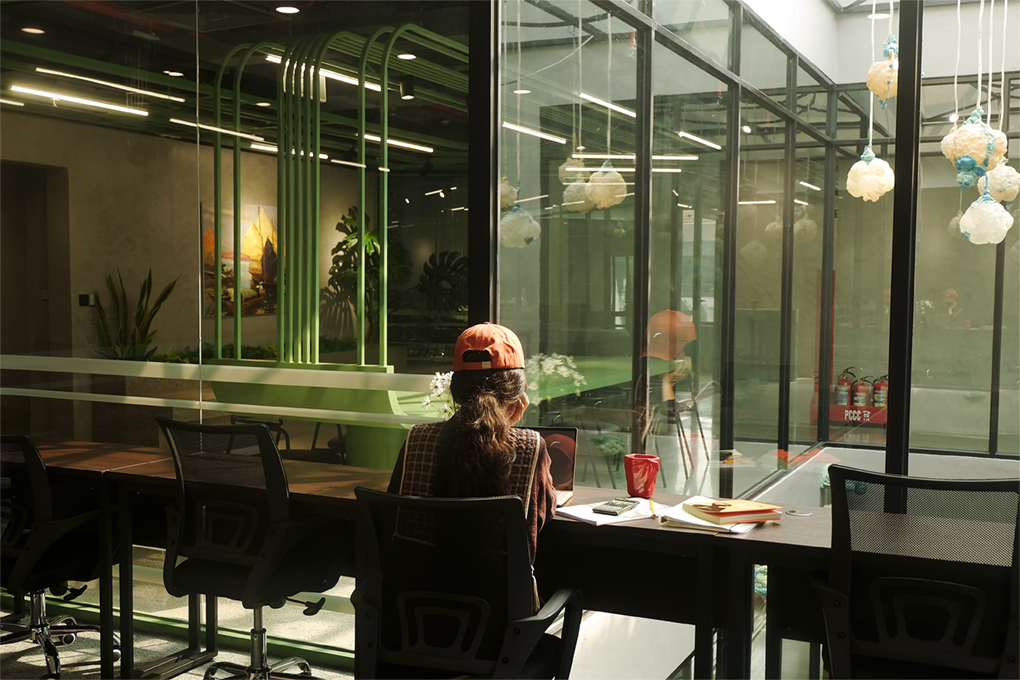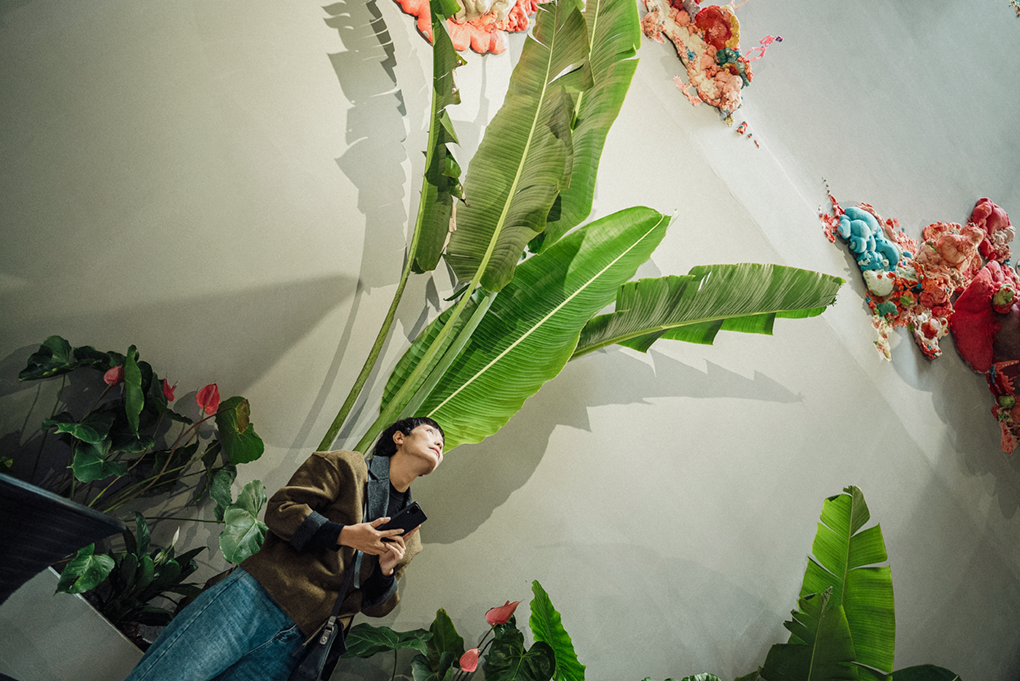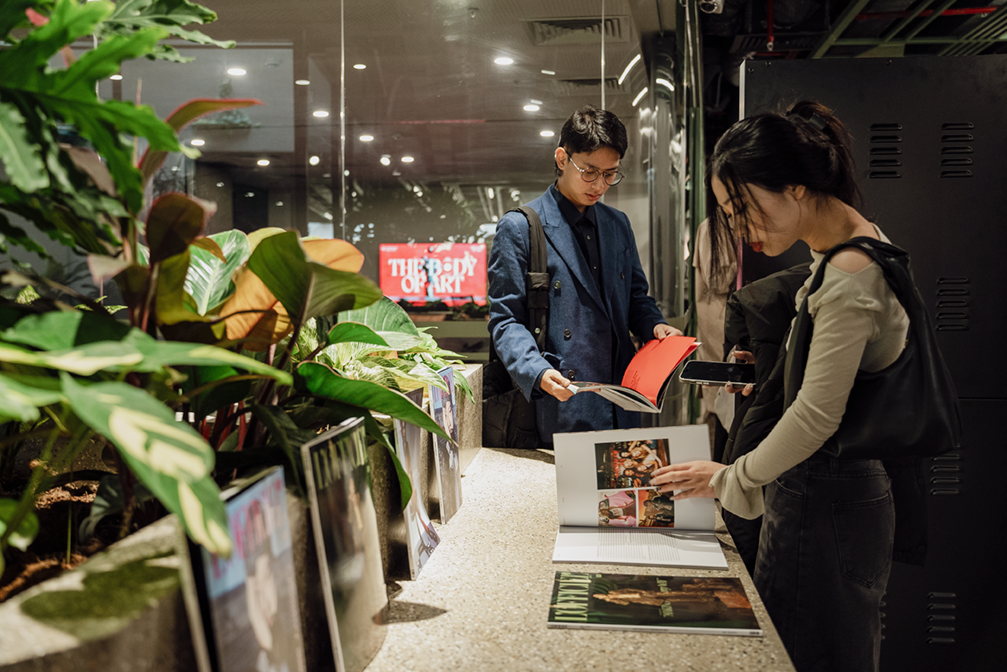The art of feeling: Maturity or Numbness?
We are living in an age of silent warriors. No complaints. No dependence. No cracks shown on the surface. They wear “emotional independence” like a medal of maturity. But behind those composed faces, how many hearts are suffocating under self-made armor?
Gen Z: The Children Who Grew Up Too Fast
The American Psychological Association (2022) points to a sobering reality: Gen Z reports the highest levels of stress and emotional isolation of any generation. In a society that values performance and pressure endurance, “feeling nothing” has become a celebrated skill.
Deloitte’s 2023 Global Survey reveals alarming numbers: more than half of Gen Zs worldwide experience frequent stress. Yet instead of seeking support, nearly one-third choose to “switch off” emotionally or retreat from relationships (McKinsey, 2022).
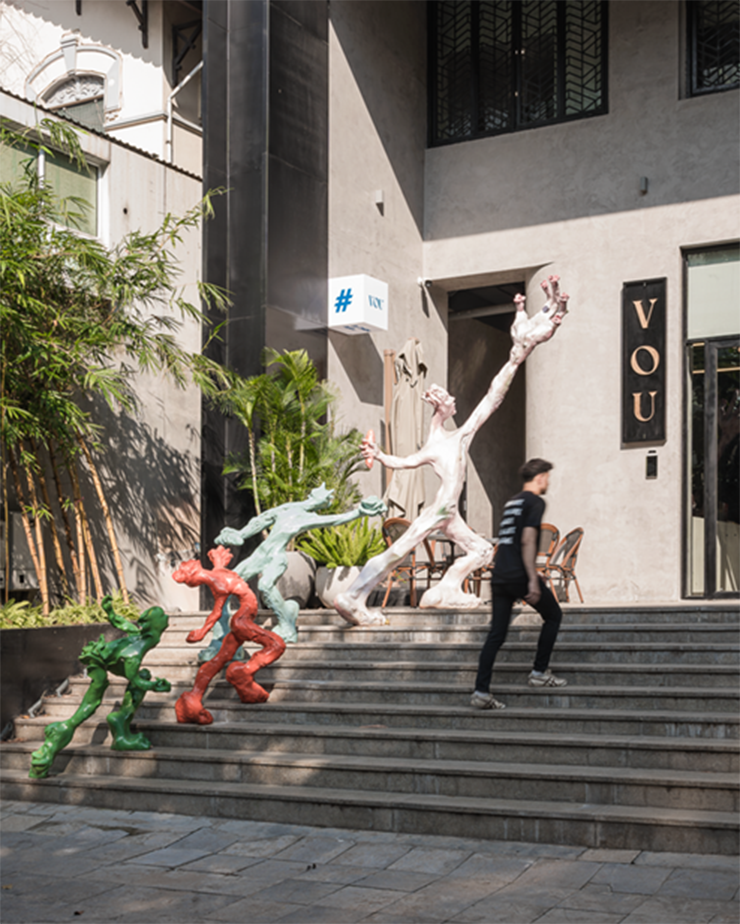
“They hide the storm inside with a perfect smile, not knowing that a storm must be released before the soul can find peace again.”
Two Divergent Paths
The first path: The art of healing
This is the journey of those brave enough to face their inner shadows. Like artists shaping raw clay into sculpture, they transform wounds into wisdom, tears into new strength.
The second path: The illusion of strength
Others build ice fortresses around their hearts. They believe that by not feeling, they cannot be hurt. But research in the Journal of Psychotherapy (2019) shows: suppressing emotions doesn’t erase them - it buries them, only for them to resurface as depression or anxiety.
Signs of Emotional Freezing
Love becomes a battlefield: yearning for closeness, yet unconsciously building walls.
Tears become enemies: you can’t remember the last time you cried, but inside, you are simply numb.
Intimacy becomes fear: avoiding deep conversations, unwilling to show vulnerability.
The Art of Living With Emotions
True maturity does not lie in shutting emotions down. It lies in learning to dance with them. Like a conductor, you don’t silence instruments, you weave them into harmony.
Step one: Accept the invitation of emotions
Instead of treating emotions as enemies, welcome them as friends bearing meaningful messages. Sadness can remind you of what truly matters. Anger can signal that your boundaries are being crossed.
Step two: Find a space to open up
Emotions don’t bloom within cold walls. A sunlit lounge, a subtle fragrance, a workshop or art exhibition at Toong - sometimes, that’s all it takes to loosen the mask and live more fully with your feelings.
Paseuth T., an employee at a tech startup, shared after a sound healing workshop at Toong Samsenthai:
“I used to pride myself on working 12-14 hours a day without complaint. Until this workshop - when I slowed down and listened to the sound bowl sync with my breath, I realized it had been so long since I let my inner child be comforted.”
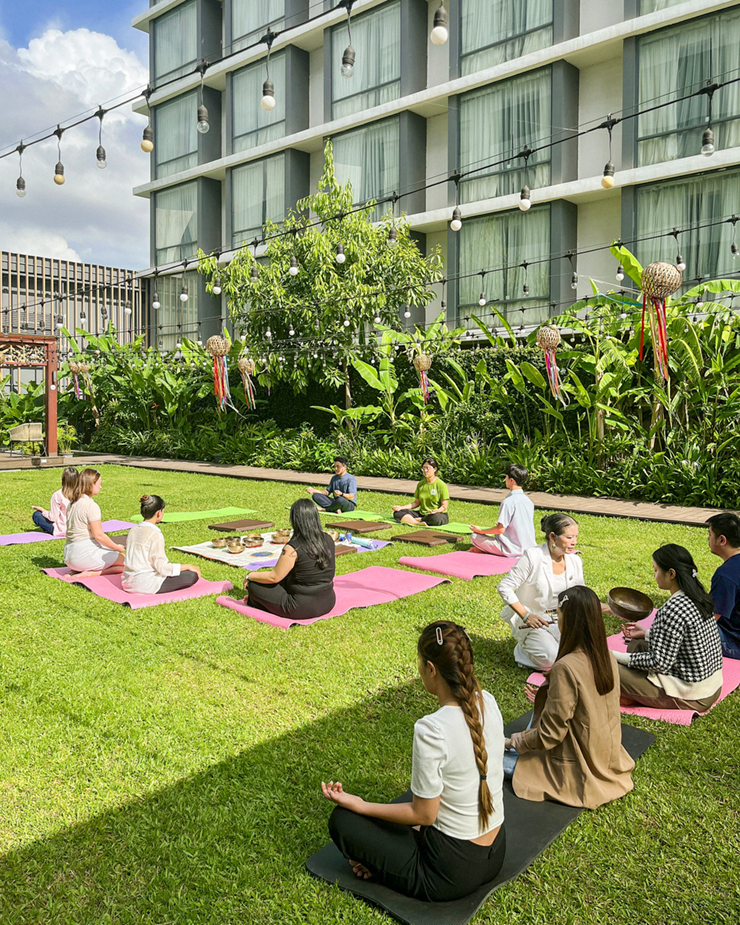
Step three: Turn emotions into creative energy
A Harvard Business School study (2021) affirms a vital truth: leaders with high emotional intelligence are not only happier but also more creative and effective.
Lan, a freelance UX designer, recalls her experience at Toong Hoàng Đạo Thúy:
“There were days I felt burned out and wanted to quit. Instead of ignoring the feeling, I sat in my familiar lounge corner and let myself fully experience the exhaustion. Strangely, from that state, my best design ideas emerged.”
When understood and channeled, emotions become fuel for innovation and deeper connection.
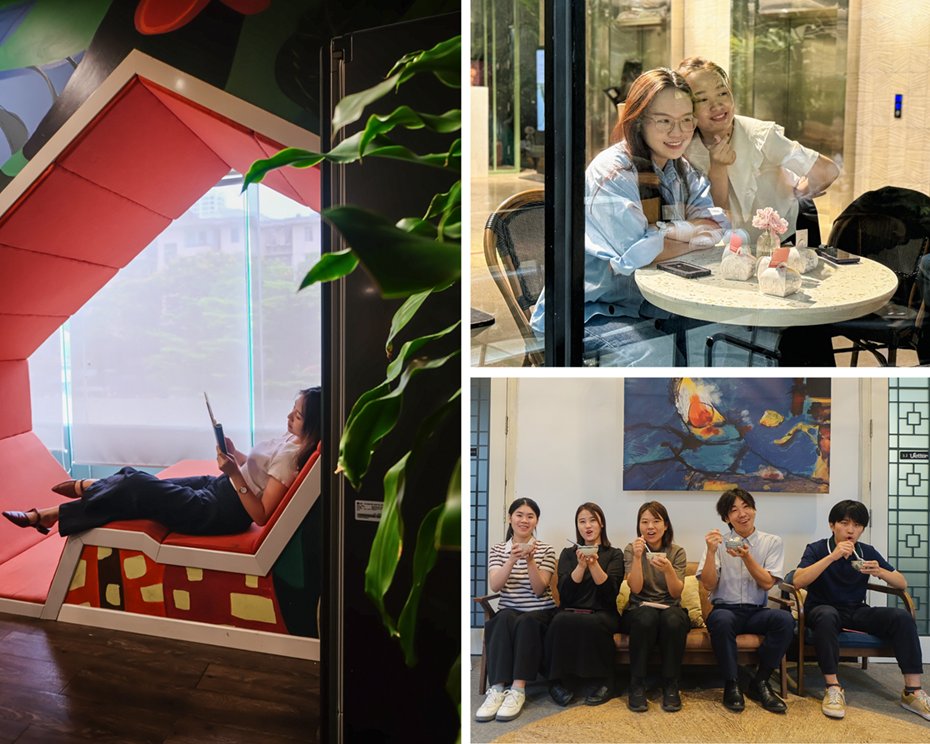
Closing Note: Dare to Feel
In a world that grows faster and colder, keeping a warm, sensitive heart is an extraordinary act of courage.
Maturity doesn’t mean becoming unbreakable. Maturity is learning to bend without breaking, to feel deeply without drowning, to love fiercely while staying whole.

“Sometimes, the bravest thing is not to hold back the tears - but to let them fall, and still stand tall.”
Editors: Bùi Bích Trà My, Nguyễn Thạch Thảo
References:
-
Deloitte (2023). Khảo sát Toàn cầu Gen Z và Millennials.
-
Gallup (2022). Báo cáo Tình hình Làm việc Toàn cầu.
-
Harvard Business School (2021). Nghiên cứu trí tuệ cảm xúc và lãnh đạo.
-
Hiệp hội Tâm lý Hoa Kỳ (2022). Báo cáo về sức khỏe tâm thần các thế hệ.
-
McKinsey & Company (2022). Khảo sát về cơ chế đối phó của Gen Z.
-
Tạp chí Tâm lý Trị liệu (2019). Nghiên cứu về tác động của việc kìm nén cảm xúc.


